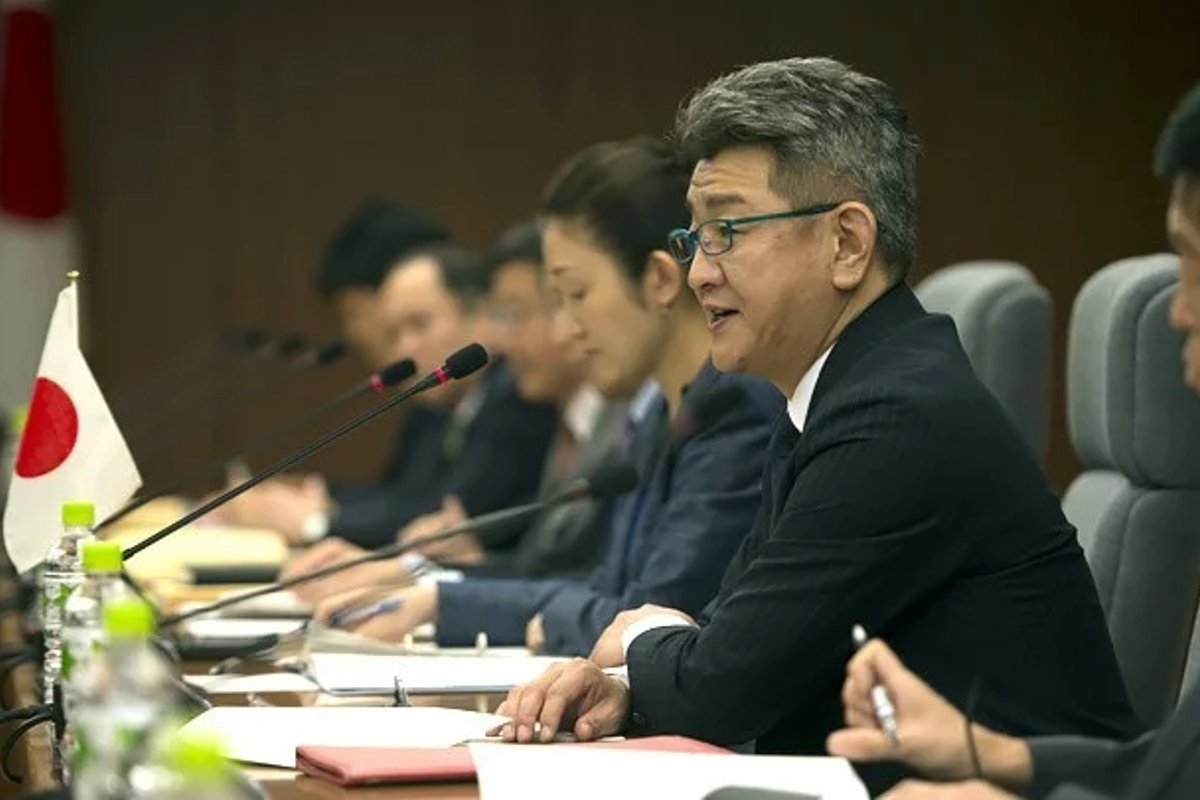Posted on: September 5, 2022, 06:39h.
Last updated on: September 6, 2022, 03:46h.
The Japan Casino Regulatory Commission (CRC) says it needs more government funds in order to carry out its regulatory duties.

The commission was formed through Japan’s Integrated Resort Development Act, passed by the National Diet and signed into law by then-Prime Minister Shinzo Abe in 2018. The CRC has the task of governing the country’s commercial gaming industry. Japan’s casino bill authorized as many as three integrated resort (IR) developments.
The CRC informed the central government this week that additional funding would better equip the agency as the industry begins to form.
The commission has requested a budget of JPY3.88 billion (US$27.6 million) for its 2023 fiscal year. That’s 10% higher than its current budget allocation, per GGRAsia.
The casino commission says the budget increase is primarily because of planned staffing increases. The CRC hopes to bring on 20 additional employees to elevate its total workforce to 177 positions.
Overhead Increases
Japan’s CRC was officially established in early 2020. The agency falls directly under the jurisdiction of Prime Minister Fumio Kishida and his Cabinet Office.
The Casino Regulatory Commission’s responsibilities are considerable. The agency is to issue gaming concessions for applicants found suitable to conduct casino operations in Japan as defined by the 2018 IR bill.
The CRC will then regulate the country’s commercial casino licensees. The group says it will routinely and “strictly” examine gaming operations at the IR properties. All aspects of a casino’s operations will fall under the CRC’s jurisdiction. That includes technical supervision of casino-related equipment. Each casino’s information technology infrastructure will also fall under the scope of the Casino Regulatory Commission.
The casino agency will additionally develop programs and initiatives to promote responsible gaming. Japan’s IR law authorized “sound casino business” to operate “under appropriate national supervision and control” to assure that “order and safety” are maintained in the industry.
Multibillion-Dollar IRs
Osaka and Nagasaki were the only two prefectures participating in Japan’s IR bidding earlier this year.
In Osaka, MGM Resorts and Japanese financial services conglomerate Orix Corporation are partnering to bring the prefecture’s capital city an IR that could cost as much as $9 billion. The project is being targeted at Osaka’s Yumeshima man-made island.
MGM and Orix are 40-40 partners in the undertaking, with the remaining 20% held by local investors. The latest plan includes three hotels with a combined 2,500 guestrooms, 400,000 square feet of meeting and convention space, and a 3,500-seat theater. MGM has not yet detailed its vision for the casino floor. But the gaming space is limited to 3% of an IR’s total indoor square footage under the national law.
In Nagasaki, Casinos Austria’s $3.2 billion IR bid was selected by the prefecture. The project targets building a casino resort in Sasebo City at the Huis Ten Bosch Dutch theme park.
Casinos Austria’s resort scheme includes multiple hotels with more than 2,000 rooms, approximately 215,000 square feet of meeting facilities, and a concert venue with 6,000 seats. The Nagasaki casino is to come with a minimum of 2,000 slot machines and 200 table games in a nearly 100,000-square-foot setting.
